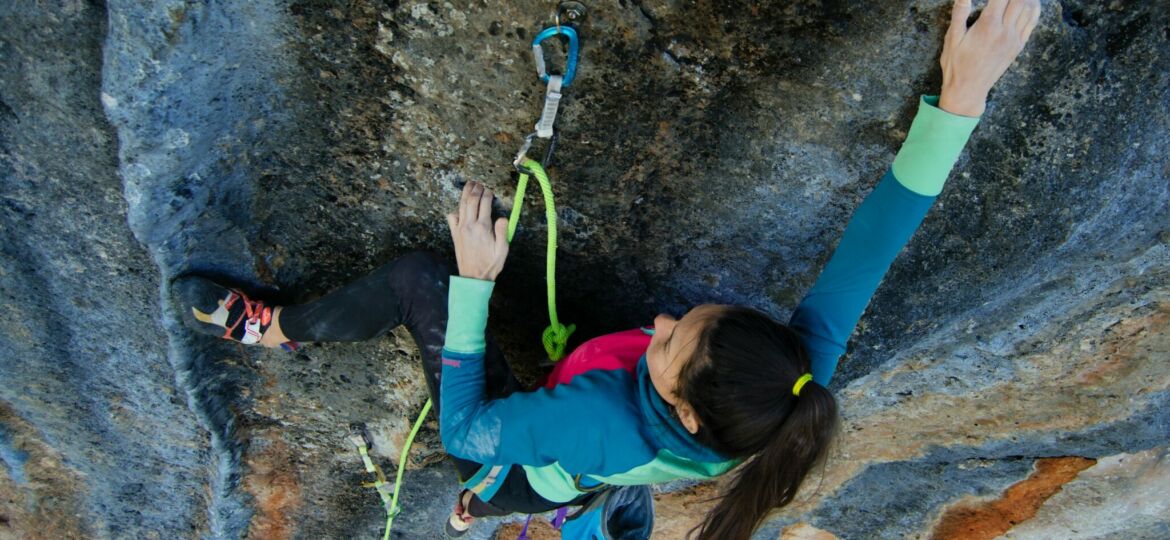
I had a climbing lesson the other day and my instructor pushed me to try a route that challenged my ability. It didn’t turn out well, my fear got the better of me. Nothing serious beyond a dented ego and an important learning. You may be wondering how this relates to leadership? We face fear everyday as a leader. Will my proposal be accepted? Is my performance good enough? Will I fail? How we deal with our fear can be the difference between success and failure.
On the climbing wall
I began the climb with a sense this wouldn’t turn out well. The route difficulty was pushing my limit and the style of the climb wasn’t my favorite. I made pretty good progress and actually began to think things would turn out ok but then it happened. I got stuck and couldn’t see a good way past the next section of the route. This led me to bail out, taking a fall on the rope to get down off the wall. It was all safe.
What happened?
As I reflected on what happened, I noticed how my fear impacted my performance. As I progressed up the route I leaned heavily on my strengths. In climbing, this is my arms. I used them to pull me up the route instead of using my legs, which are designed for holding us up. Not surprisingly I quickly became fatigued. In essence I overused my strengths and they soon became a limiter.
The second thing I noticed was my blind spots. My instructor highlighted there were several good holds out on the right hand side of the climb. I had no idea they were there. Instead my attention was focused on what was right in front of me. My attention had become very small, ignoring what was around me.
Relating this to leadership
Fear isn’t restricted to when our life is on the line. An important presentation to the board is fear inducing. A key note presentation to a hundred people. Even though our life isn’t on the line, we react similarly. We fall back on our strengths, perhaps dominating the conversation and listening well. And our attention gets very focused and narrow. We might miss the signs that are staring us in the face.
How can we manage our fear?
Three simple activities help me mange my fear. The first is to breathe. Take long, slow deep breaths. Four – four breathing is highly effective. Breathe in over four counts, hold it for four counts, breathe out over four counts, and so on. Breathing deeply and slowly has a strong calming effect.
Anticipate that you might experience fear and watch out for the signs. Noticing what is going on gives you the choice about how to proceed. Do you want to accept your fear or succumb to it? Lastly, practice makes perfect. The more you practice situations that make you uncomfortable and induce fear, the more comfortable and confident you will become. This is an unexpected benefit of learning to climb.


excellent advice
Thanks Randy!